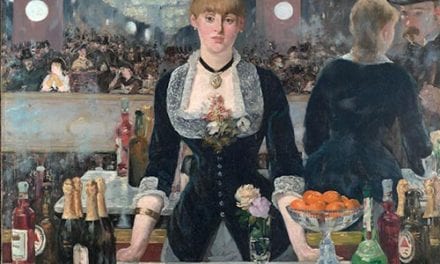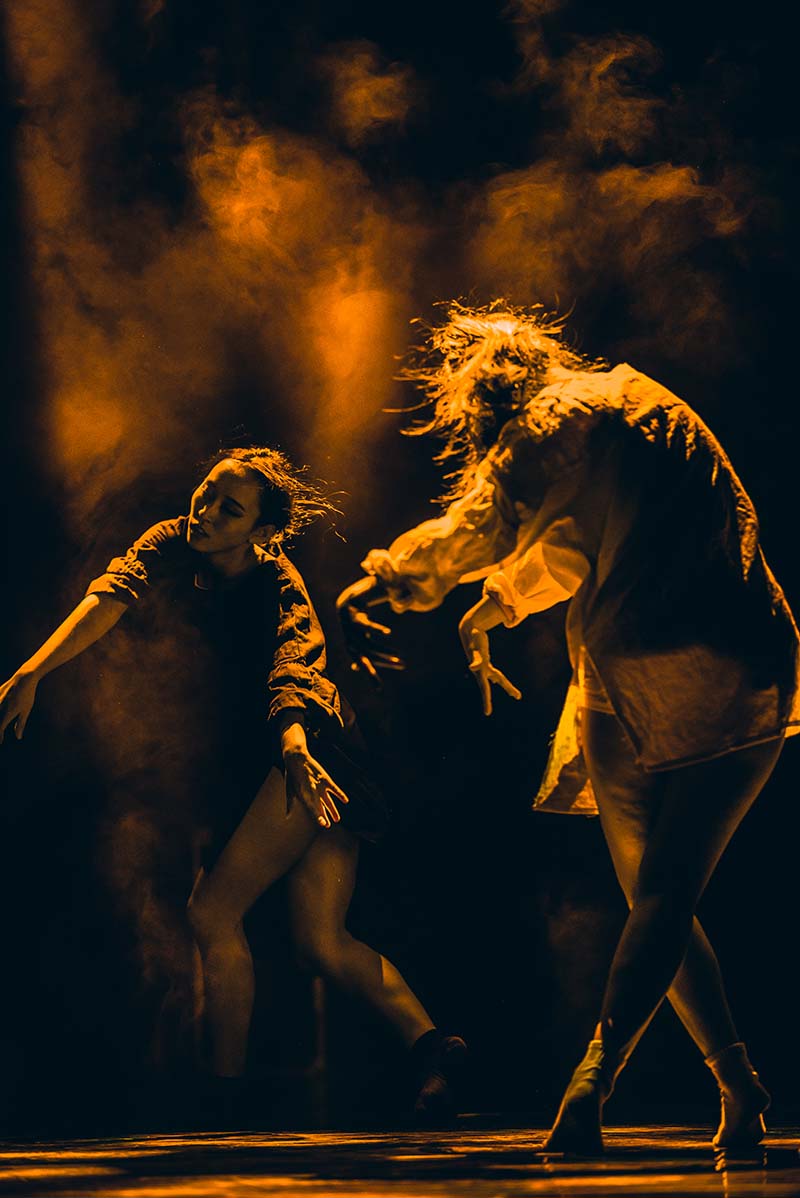Glossoplegia
Randall looked up at the grid pattern of panels in the room’s drop ceiling and imagined a board game. The squares of florescent lights would mean something special. The supply and return air ducts would mean something else. Landing on a panel with a sprinkler valve would heal your damage and make you pure. The smoke detector, because there was only one, would award you special powers. The ones with brown water stains must be avoided.
From time to time, a man in a blue jumpsuit would ascend a noisy metal ladder and replace any blotched panels. But he would never fix the leak.
They weren’t in the business of solving things here.
Only treating.
Randall knew the floor had a similar pattern. When they rolled him over, he could see large white tiles stretching to the walls. Between each square was a thin line of grout turned various shades from age and wear. The tiles were manufactured to be identical and the only differentiation came from a few cracks and stains that couldn’t come clean.
In these tiles, Randall could not formulate a game. He spent most of his time looking at the ceiling and so little of it examining the floor. Still, he used those episodes to memorize the location of each imperfection. Three tiles down, two tiles to the right on his left side had a hairline crack in the shape of a Y. Against the wall on his right side, four tiles from his bed, rust remained in a set of overlapping circles. He wasn’t sure what he would do with this information, especially since it could never be complete. He didn’t even know was beneath his own bed. But it was something to do with some of the only parts of him that still functioned.
Other days, Randall imagined the ceiling’s main runners and cross tees were streets in a perfect city. Cars would cruise slowly. Pedestrians strolled without a care. A stoplight hung at every intersection. He planned out his metropolis block by block. City hall here, police station there. Fire house, library, park, high-rise apartment buildings, department store, schools, university. No hospital, though. In his city, there was no sickness.
Randall tried not to concern himself with the rest of the room. It was always changing, and by now he was older than everything else in it. With the exception of the floor, most of the ceiling and himself, all the contents had been replaced at one point. The walls were the same, but they had been painted different colors. Twice. Anything once his had been removed, including the basketball that sat on his side table, before it deflated. Sometimes, someone would bump it and it rolled off, the bouncing unbearable.
He measured time by the faces. After he awoke, he would usually see one face four times at regular intervals. Then, he would see another three times, and on the last rotation of Randall’s personal clock, the hands belonging to that face would inject sleep. The faces changed over the years, and when they were new, they often spoke. He enjoyed hearing the fresh voices, but they usually fell silent after a while.
Right after the crash, he saw a lot more people. Doctors, specialists, Father McMillan, the guys. Peggy. Coach. Now, only his sister Agnes stops by about once a month, sits at his side and prays a mumbling rosary. His mother used to visit every day. Then once a week. Then not at all, and his sister never said why. His dad was allowed to come, once, to apologize, but his mother stormed in and pounded her fists against her husband’s chest before he got a chance to get all the words out.
Randall hoped his eyes, in that moment before they led his father out of the room in handcuffs, had told him he was forgiven. He couldn’t bear the thought of his father, bound in his own room, staring up at some unconceivable ceiling, thinking that his son hated him. The family of the others undoubtedly did, but Randall wanted to take on some of that weight. He should have said something that night, should have offered to drive, but he was so exhausted after practice he just rested his head against the cool, foggy passenger-side window and tried to ignore the faint familiar smell—the last scent he’d ever know—emanating from the brown paper bag resting on the seat between his father’s legs.
When Randall plays his board game, he never lets himself win. And he doesn’t live in his perfect city. But right before his sedative is administered each night, he can’t help but use the ceiling like graph paper to pencil in midcourt, three-point and free-throw lines and fade away upon a memory of jumping.




















